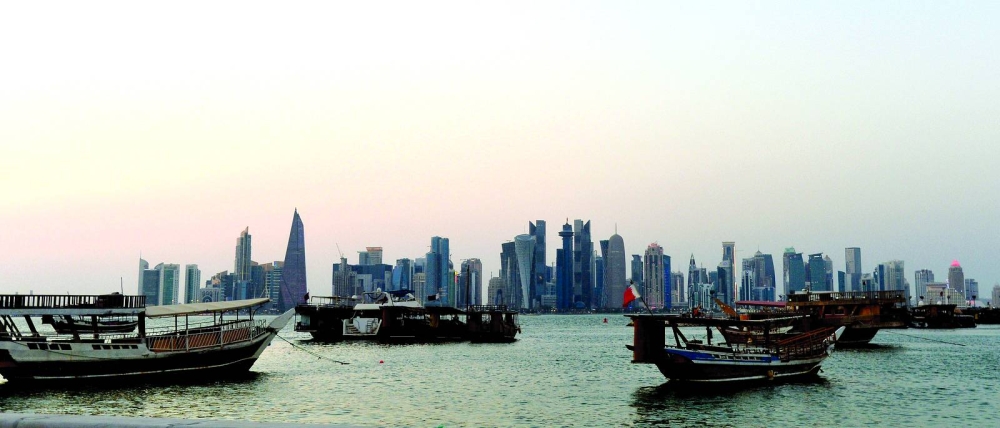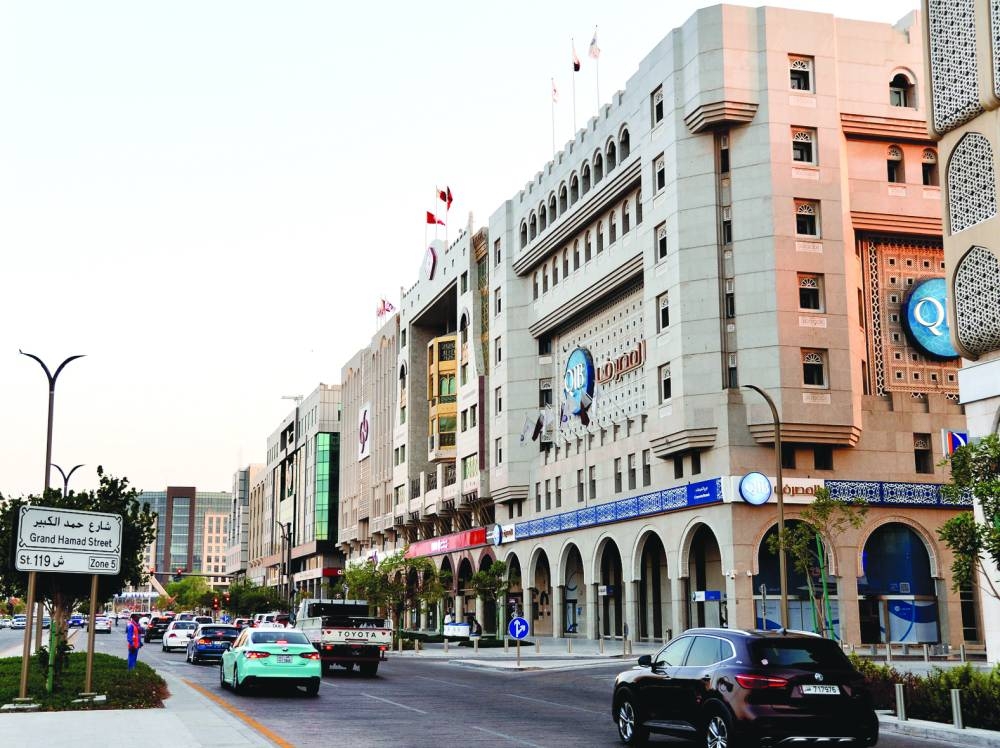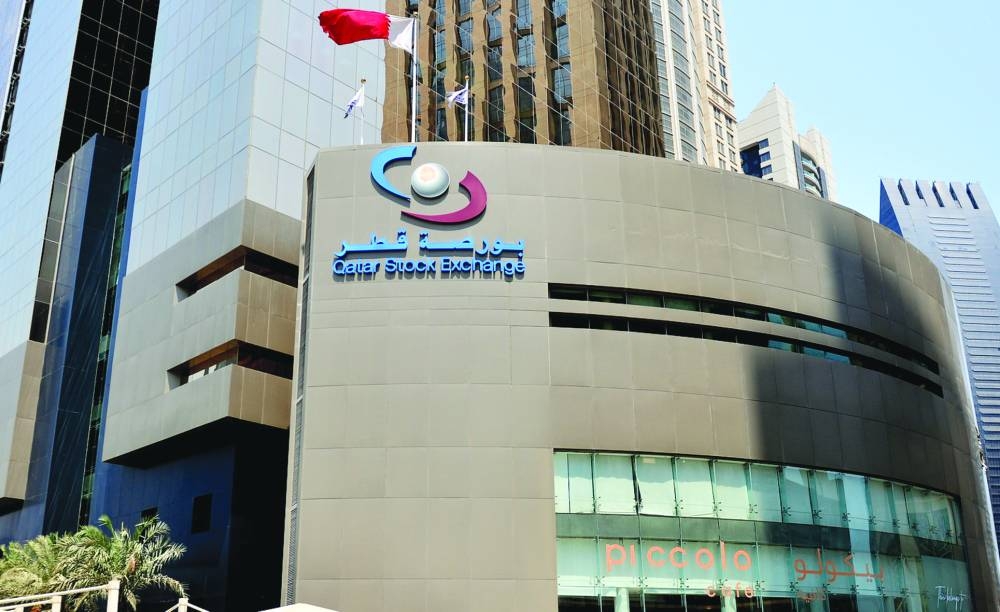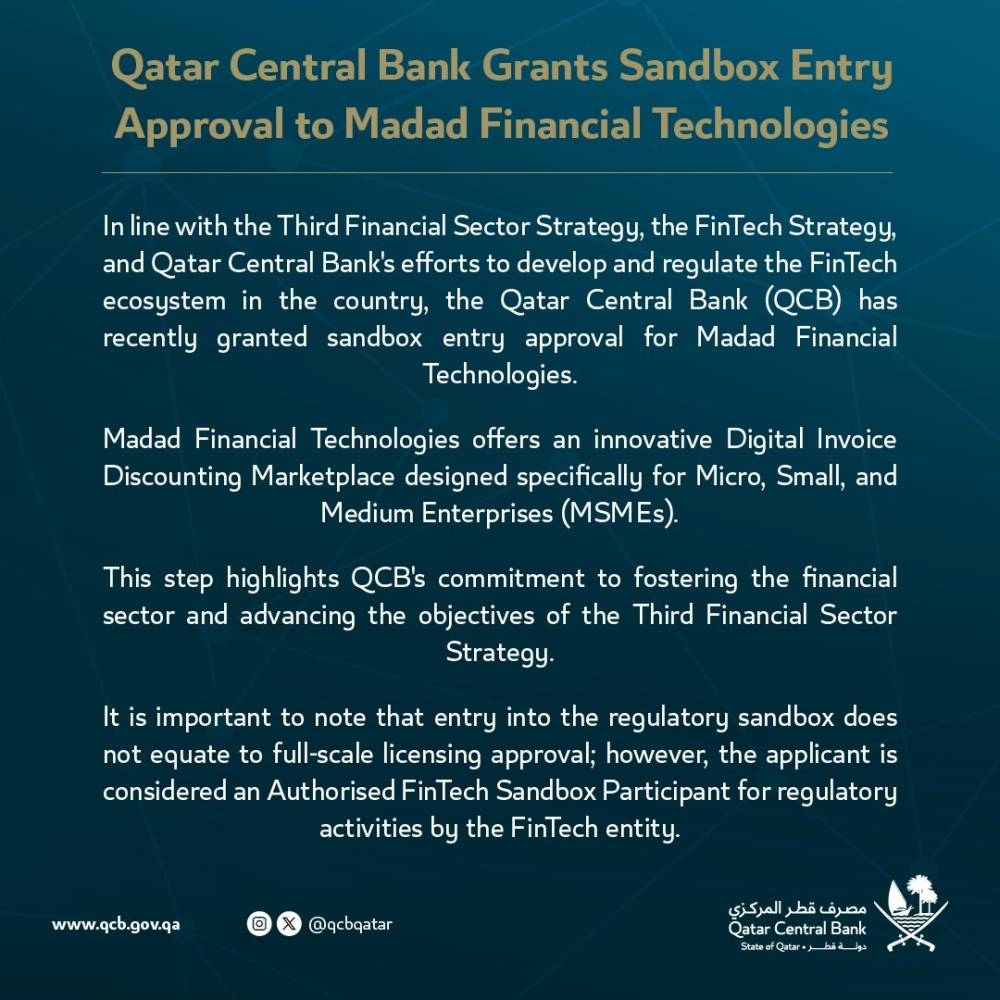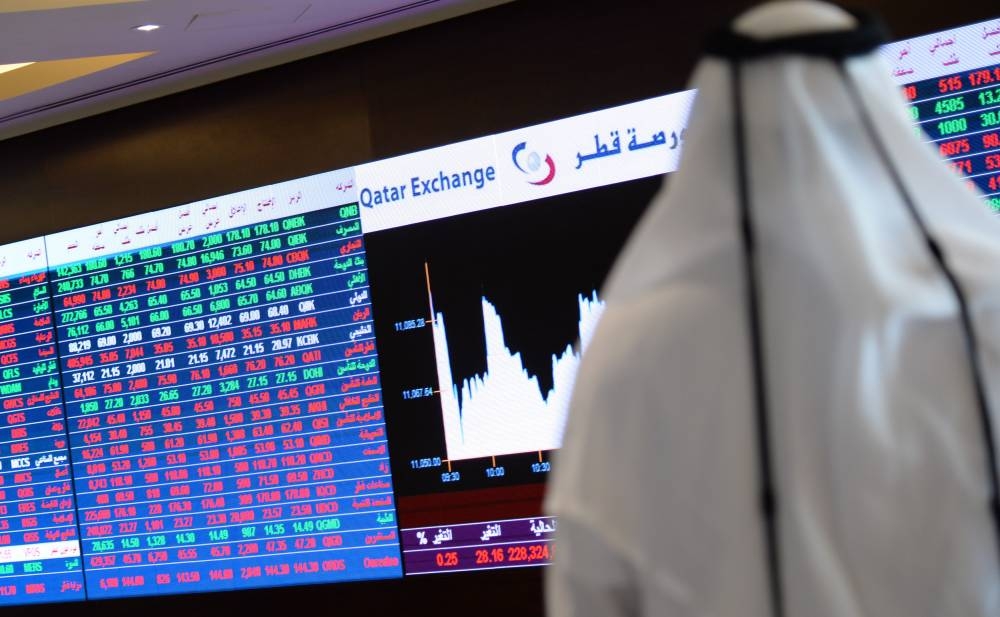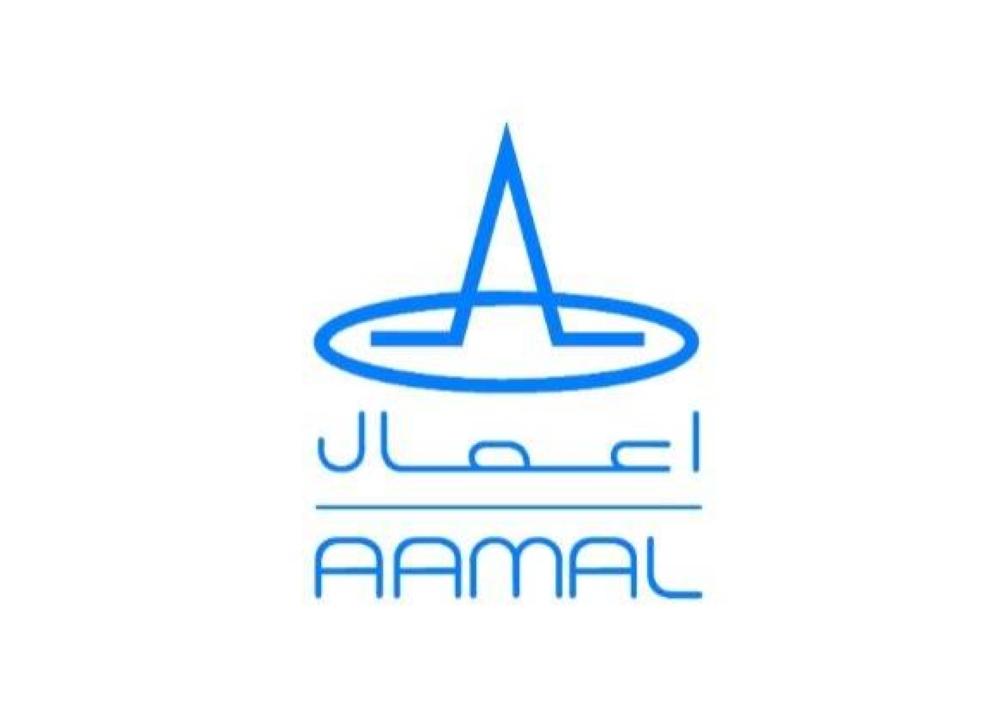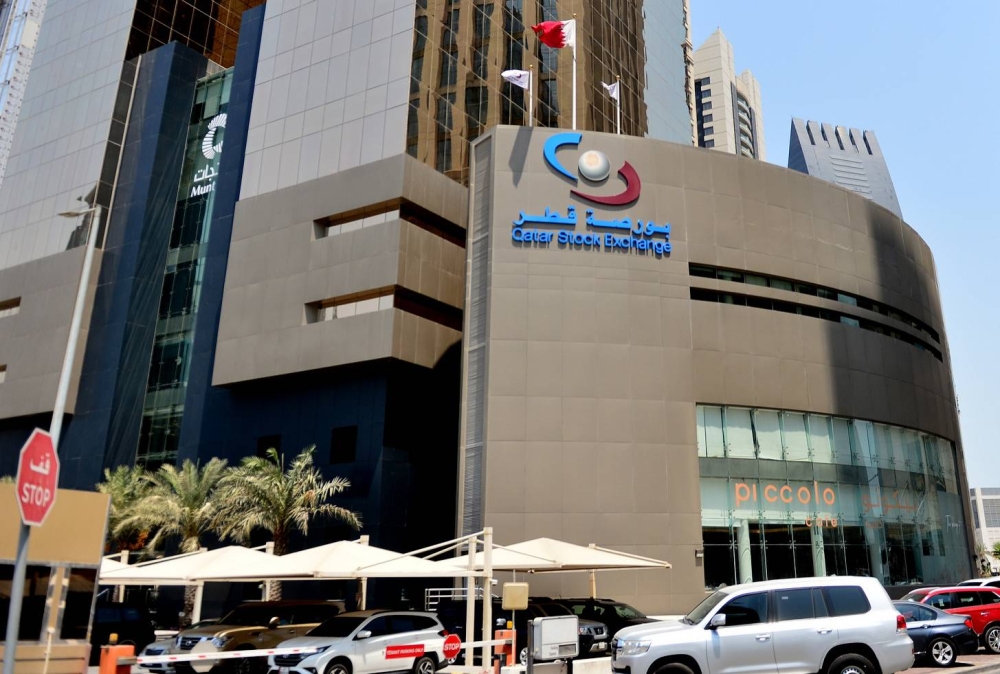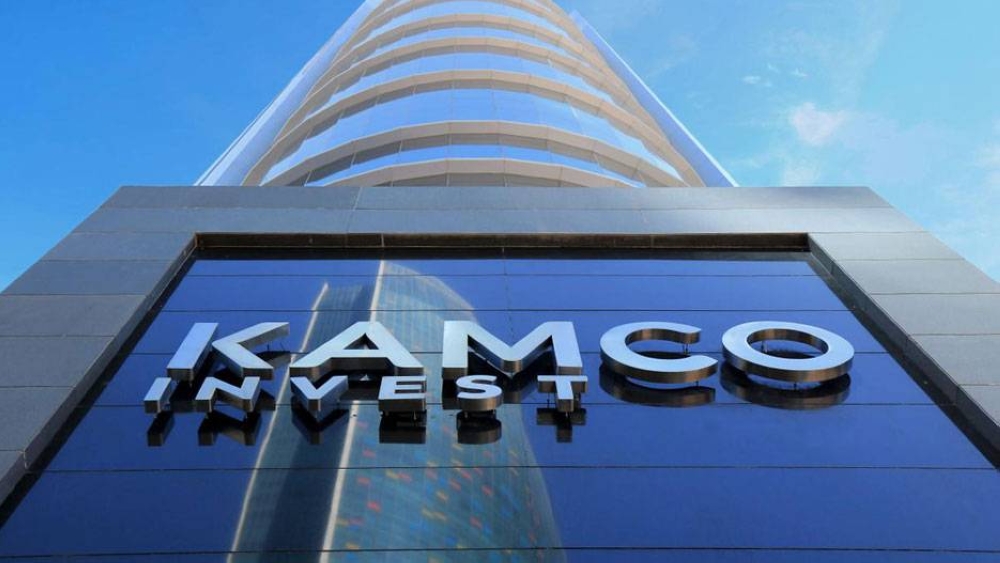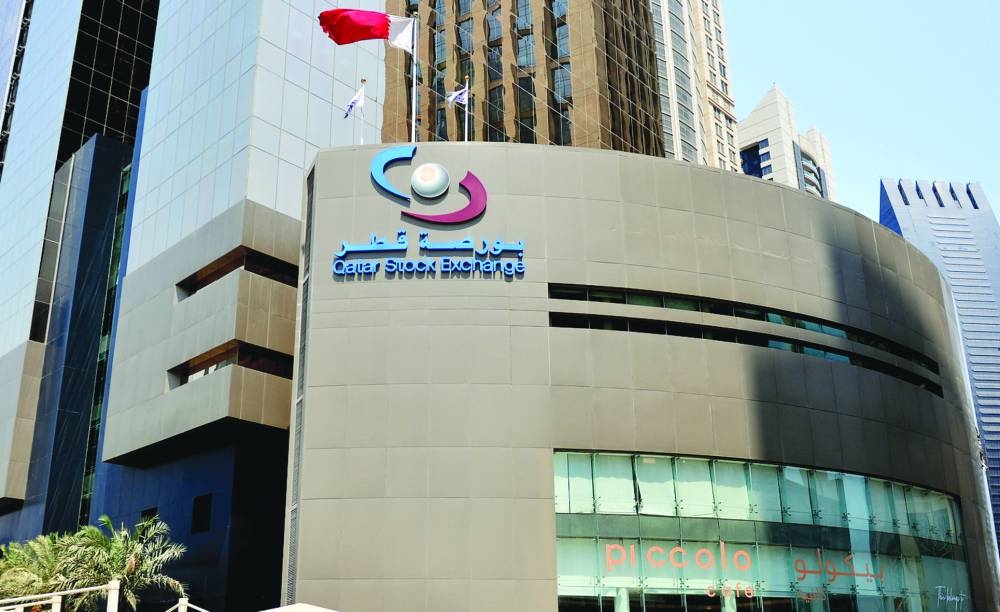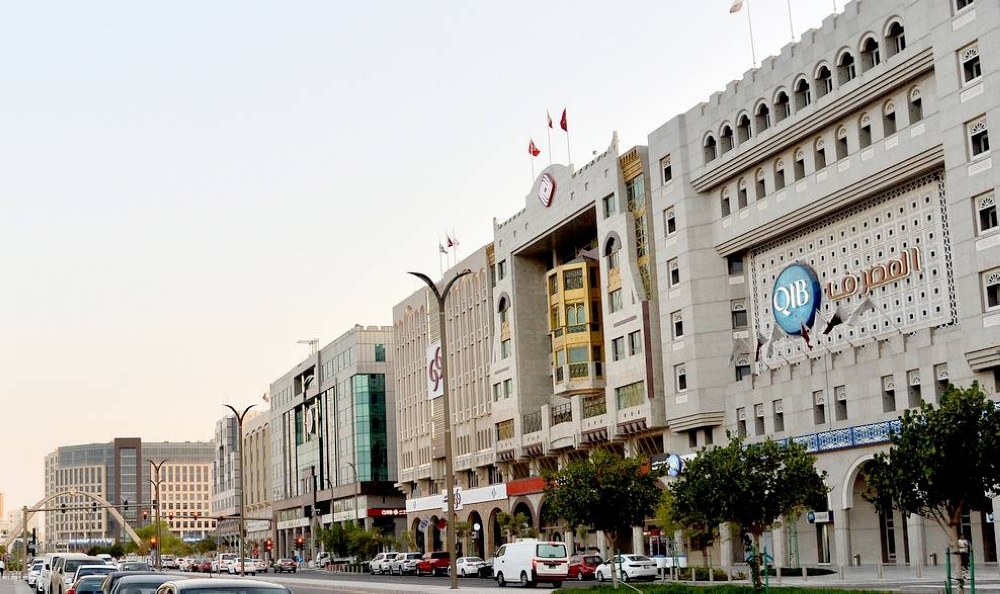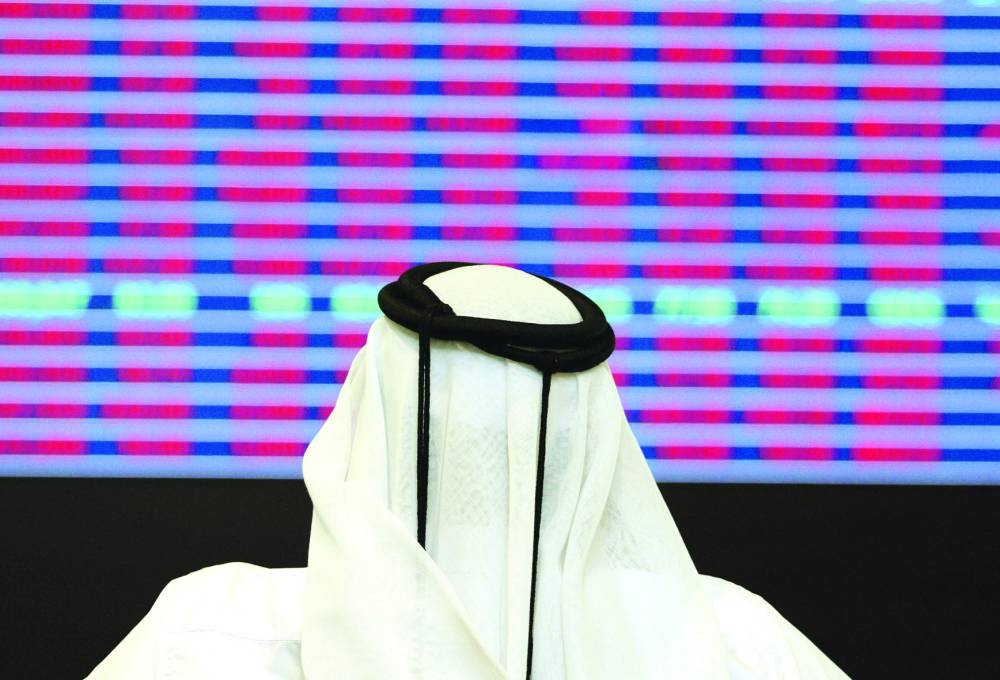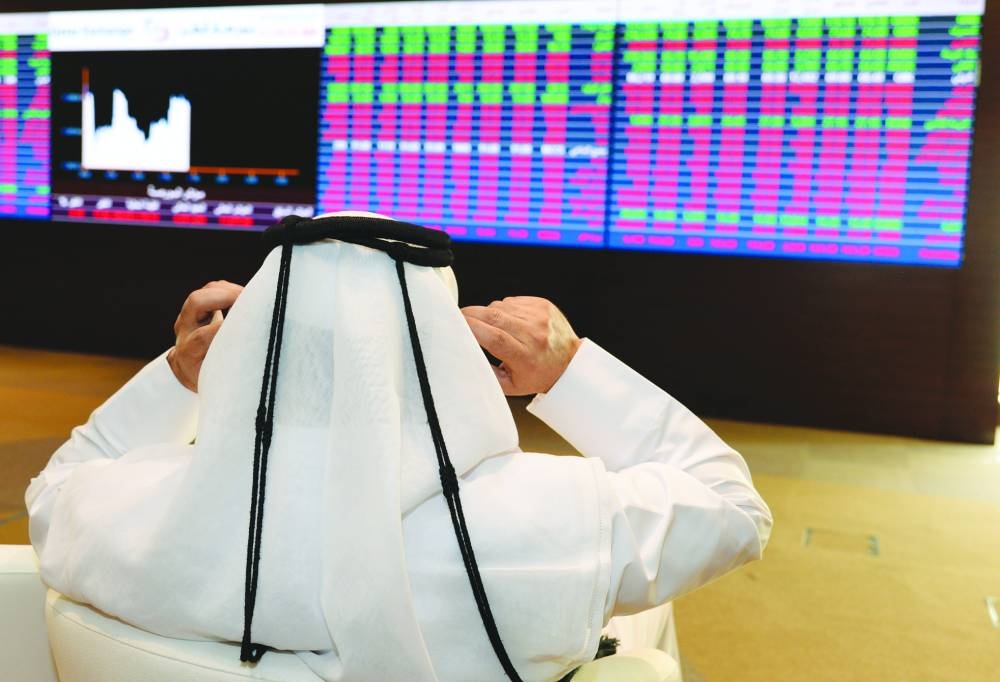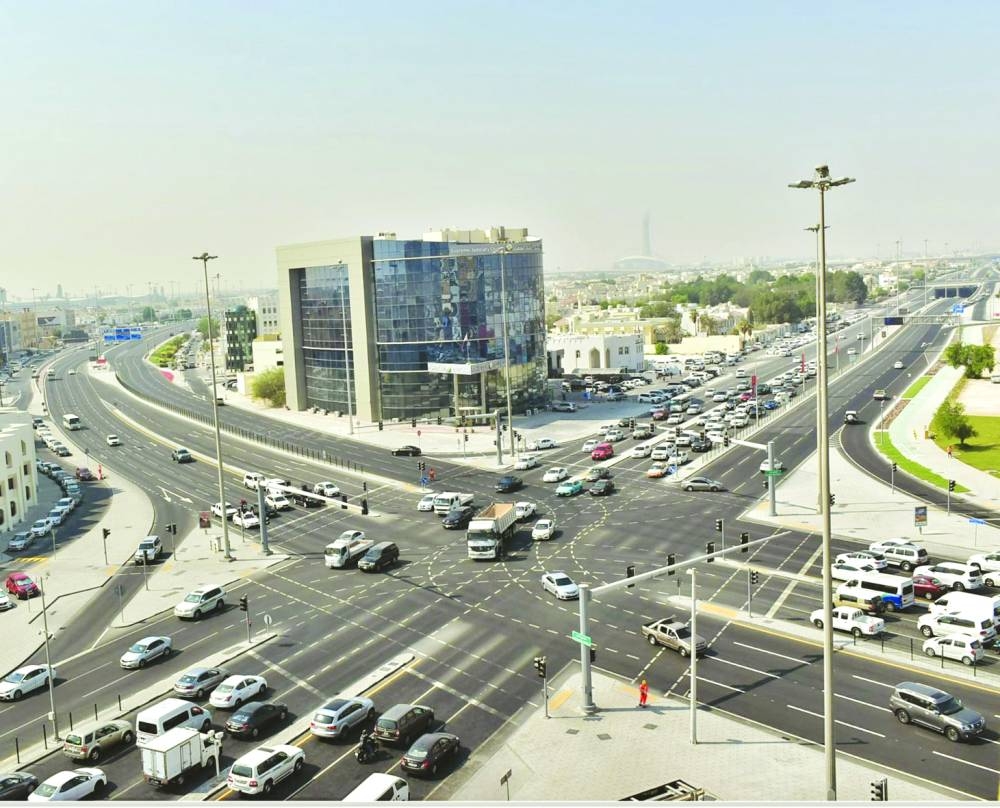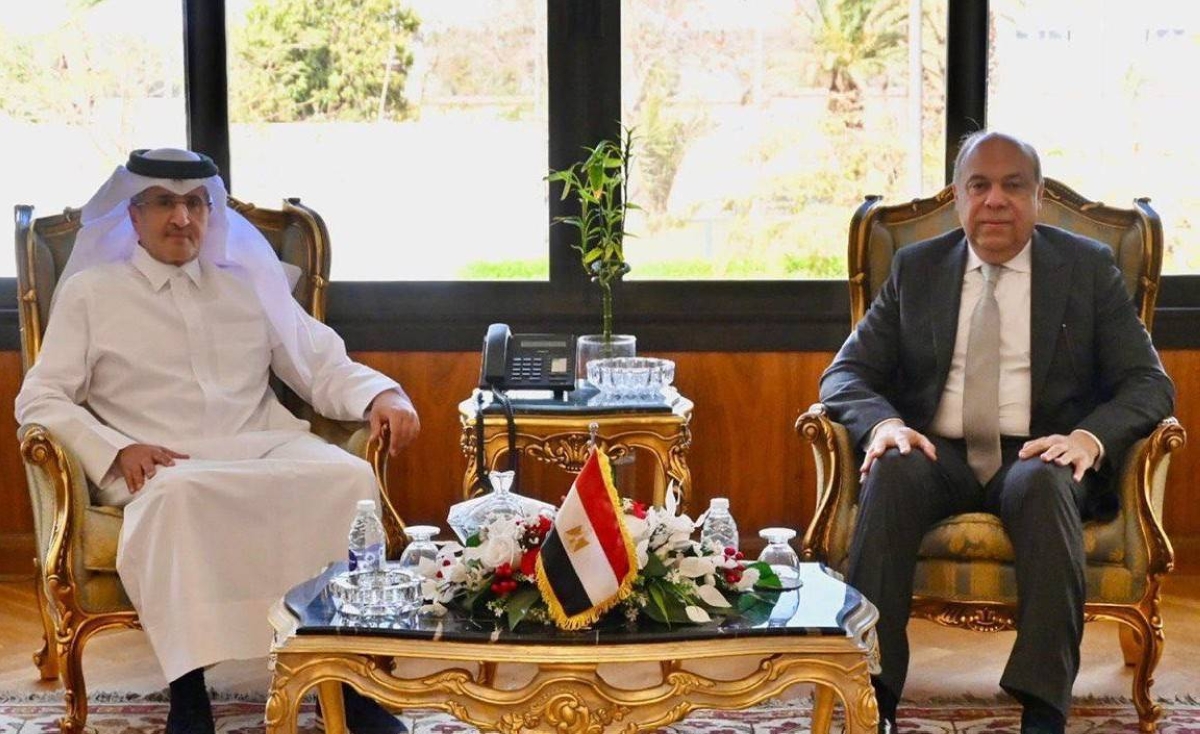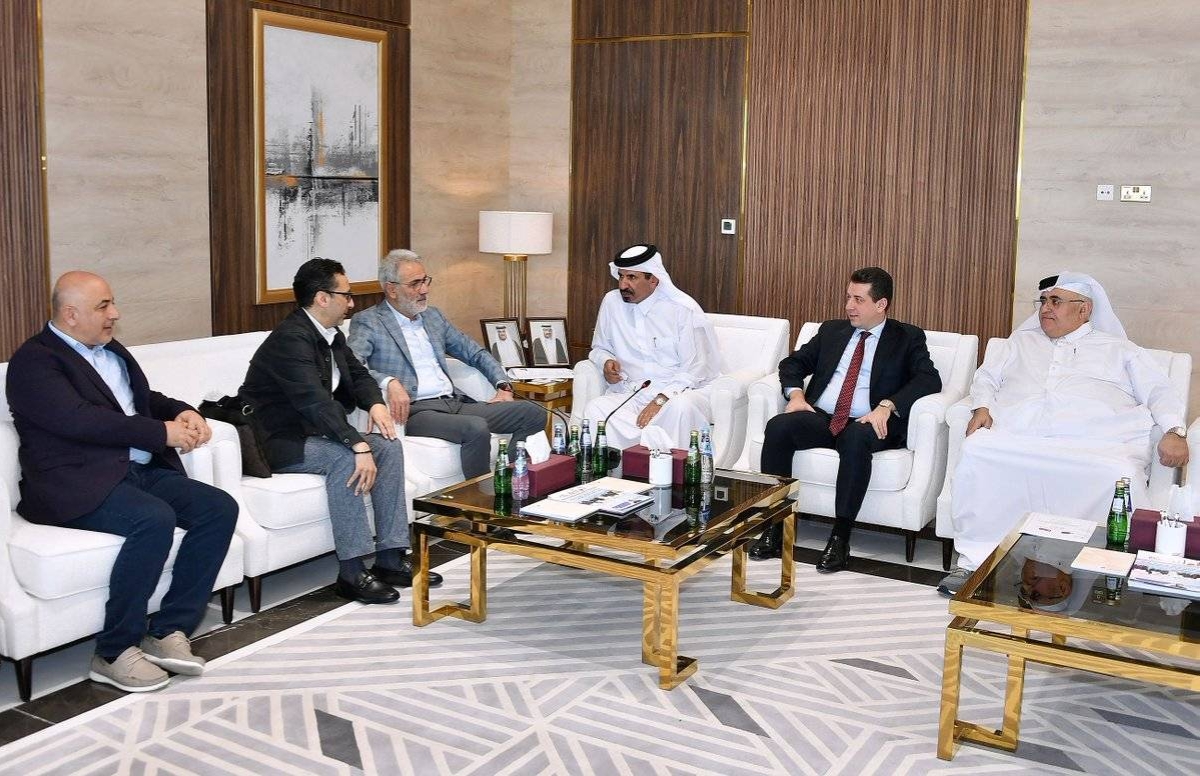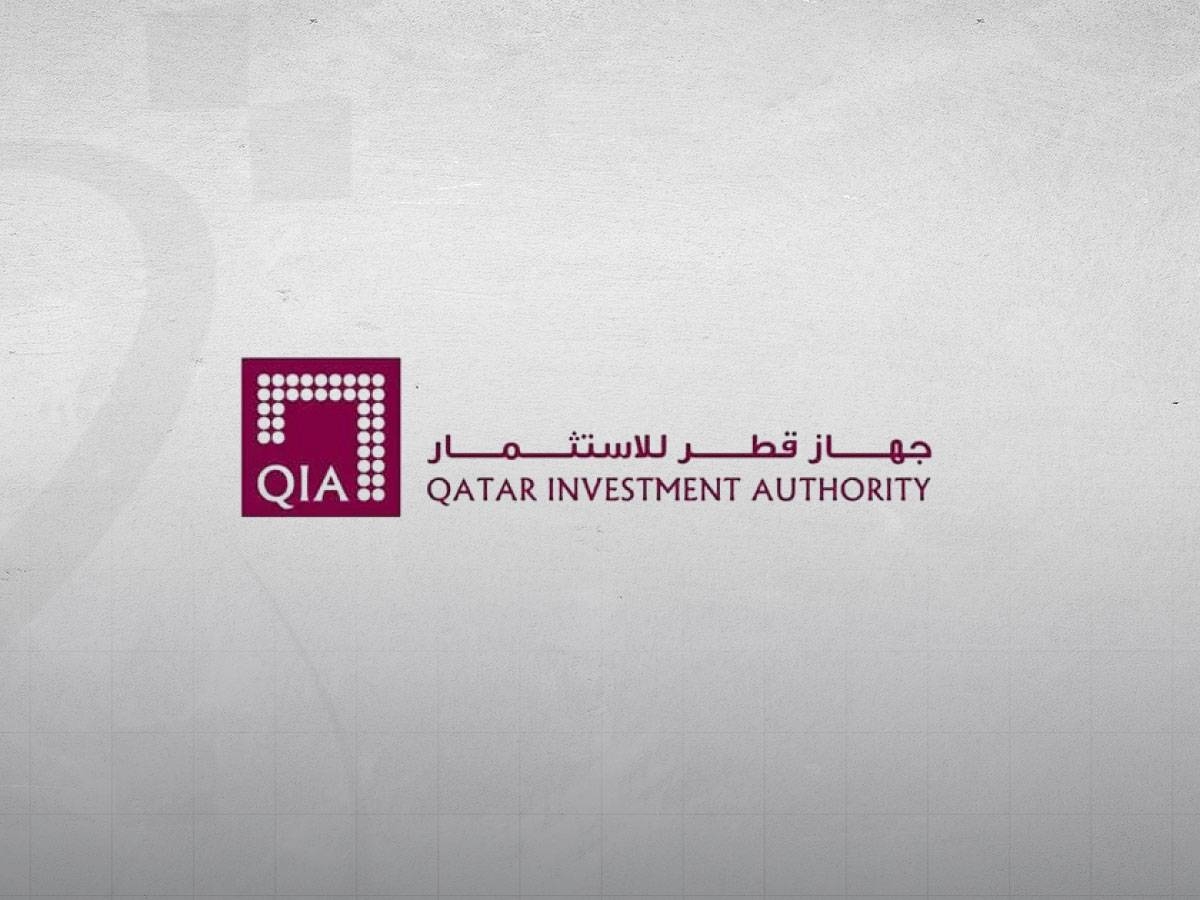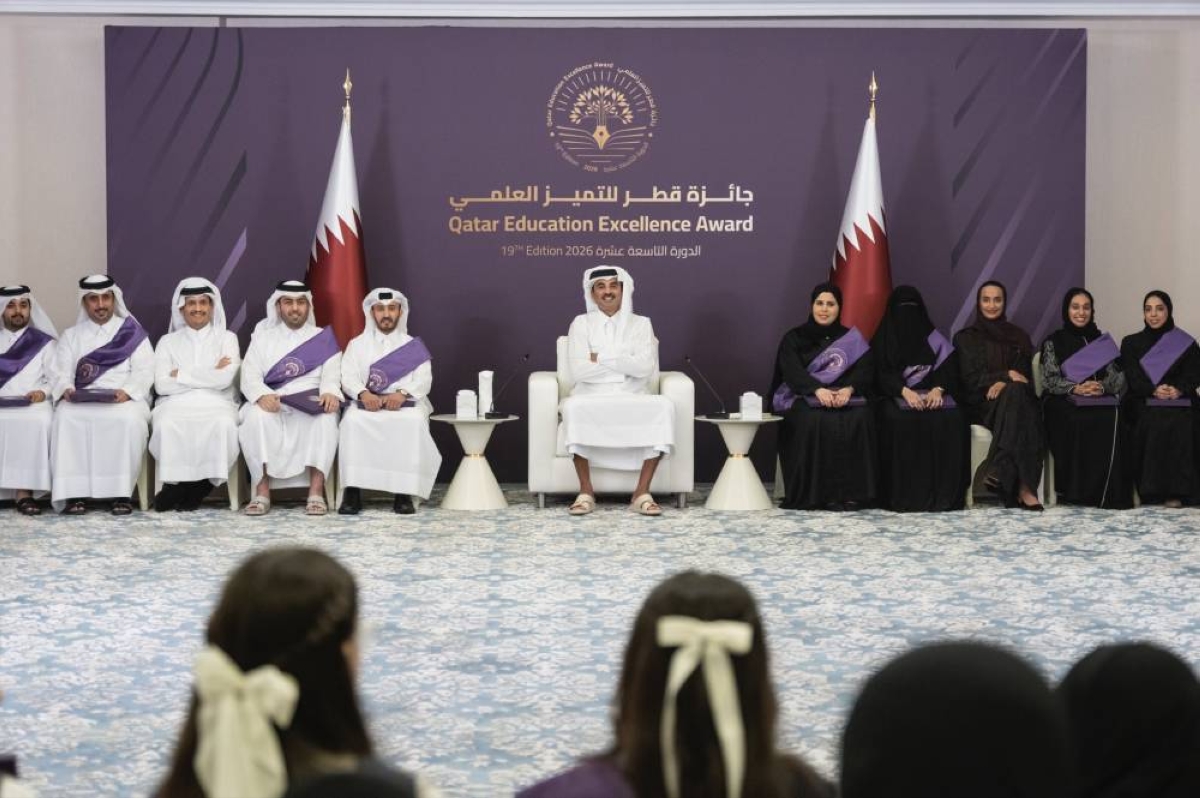The Gaza ceasefire had its positive impact on the Gulf bourses, including the Qatar Stock Exchange (QSE), which on Monday gained about 40 points, on the back of buying interests especially in the real estate, industrials, telecom and consumer goods sectors.Ahead of the inauguration of the new US president, the 20-stock Qatar Index gained 0.38% to 10,507.56 points, although it touched an intraday high of 10,538 points.The foreign institutions were increasingly net buyers in the main bourse, whose capitalisation added QR4.59bn or 0.75% to QR616.91bn on the back of mid and small cap segments.About 62% of the traded constituents were seen extending gains to investors in the main market, which saw as many as 0.02 exchange traded funds (sponsored by AlRayan Bank and Doha Bank) valued at mere QR0.07mn changed hands across seven deals.The foreign retail investors turned bullish in the main bourse, whose trade turnover and volumes were on the increase.The Islamic index was seen outperforming the other indices in the main bourse, which saw no trading of treasury bills.The Arab retail investors were increasingly net buyers in the main market, which saw no trading of sovereign bonds.The Total Return Index rose 0.38%, the All Share Index by 0.35% and the All Islamic Index by 0.62% in the main market.The realty sector index shot up 2.32%, industrials (1.49%), telecom (1.14%), consumer goods and services (0.72%), transport (0.45%) and insurance (0.38%); while banks and financial services declined 0.42%.Major gainers in the main bourse included Ezdan, Industries Qatar, Alijarah Holding, Vodafone Qatar, Qamco, Gulf International Services, Lesha Bank, Woqod, Salam International Investment, Mekdam Holding, QLM, Barwa and United Development Company.In the venture market, both Al Mahhar Holding and Techno Q saw their shares appreciate in value.Nevertheless, Estithmar Holding, Doha Bank, Qatar Islamic Bank, Qatar German Medical Devices, Qatar National Cement and Al Faleh Educational Holding were among the shakers in the main market.The foreign institutions’ net buying increased substantially to QR16.39mn compared to QR0.04mn on January 17.The foreign individuals turned net buyers to the tune of QR2.99mn against net sellers of QR1.4mn the previous day.The Arab individual investors’ net buying expanded marginally to QR1.7mn compared to QR1.1mn on Sunday.The Qatari individuals’ net profit booking declined perceptibly to QR19.68mn against QR22.05mn on January 17.The Gulf institutions’ net profit booking weakened marginally to QR1.13mn compared to QR1.56mn the previous day.However, the Gulf retail investors were net sellers to the extent of QR0.37mn against net buyers of QR0.23mn on Sunday.The domestic institutions’ net buying shrank drastically to QR0.06mn compared to QR23.65mn on January 17.The Arab institutions had no major net exposure for the second straight session.Trade volumes in the main market surged 67% to 233.55mn shares, value by 67% to QR446.06mn and deals by 49% to 15,750.Trade volumes in the venture market jumped about 10-fold to 2.32mn equities and value by about nine-fold to QR5.81mn on more than doubled transactions to 116.

Most Read Stories
3
4



